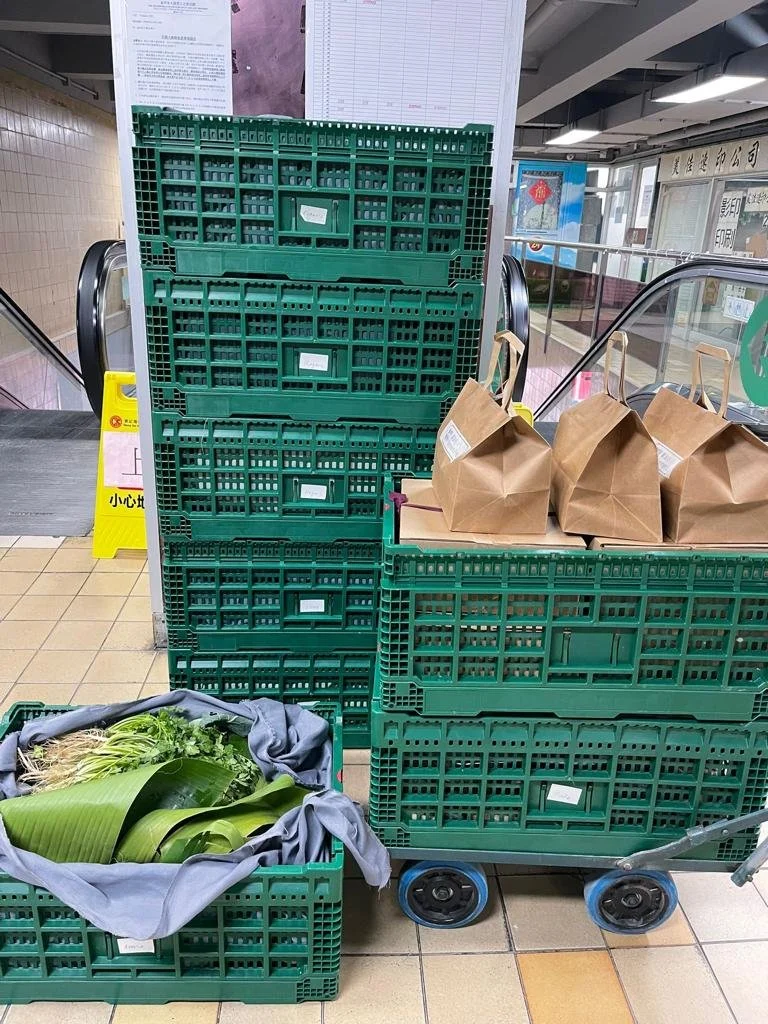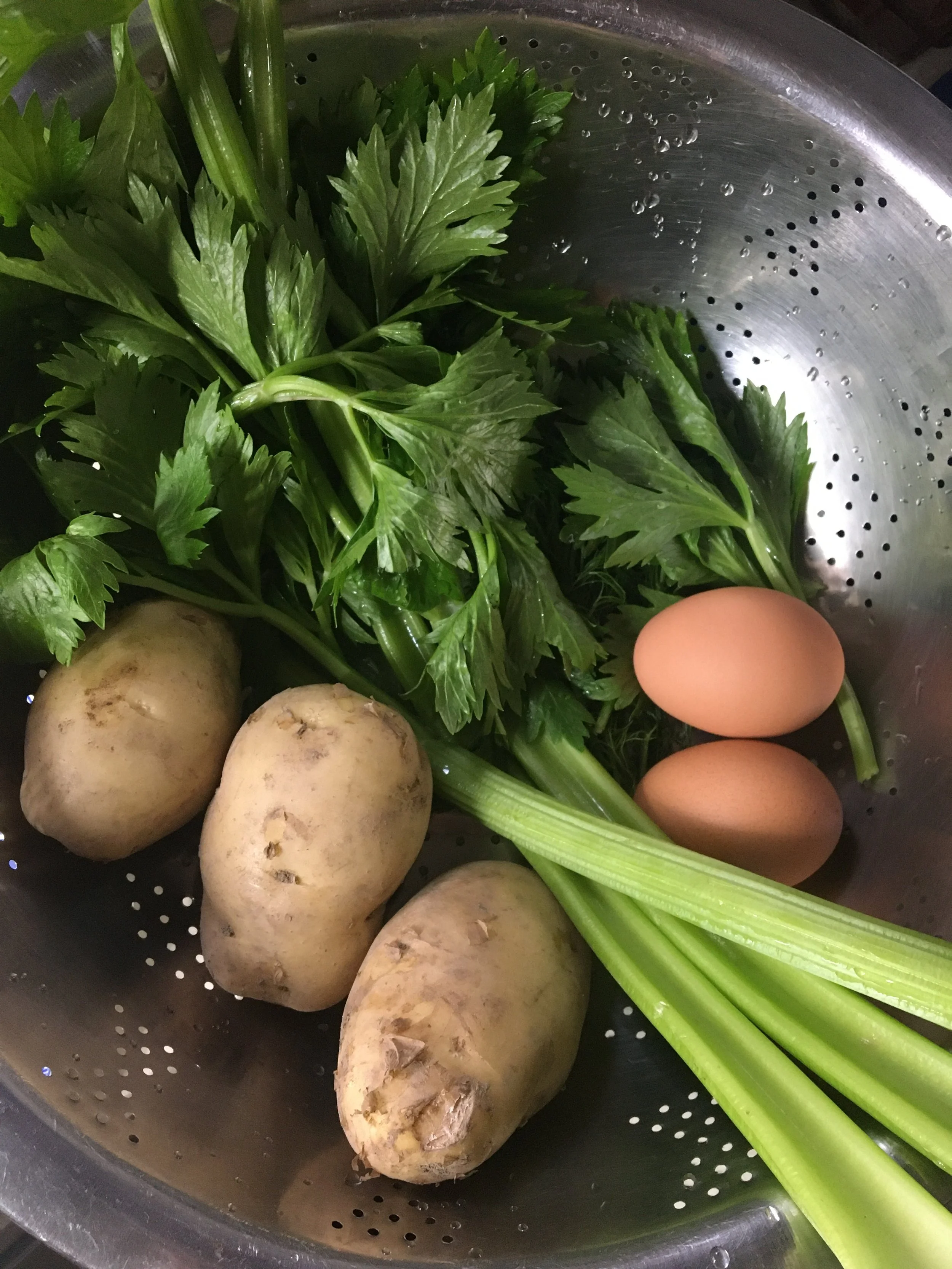Crops to Shops is BACK!
“Adopt a Farm” (AAF) was launched by Zero Foodprint Asia last year to facilitate a mutual exchange of knowledge, promote buying and eating locally as well as improving the livelihoods of smallholder farmers.
As a result of AAF, the “Crops to Shops” side program was born. With the guidance and partnership of David from HKFP and our team of volunteers, approximately 1400 kg of local organic produce were delivered direct from 7 farms to over 15 restaurants in between December 2021 to May 2022. This framework we created paved the way for producers, suppliers, logistics people and buyers to engage in the process collectively; for which we know by now are critical to achieve long-term success.
This year, an improved version of the program will launch in collaboration with Homegrown Foods, operated and facilitated by Walter and his team at Healthy Express, a high-quality agricultural product platform started in 2020 that emphasizes food quality and the quality of life. Both wholesale and individual buyers can soon head straight to the HGF website, fill up your baskets, check out and pay in a matter of a few clicks.
As avid supporters of food transparency, we aim to make education around a demand-driven transition to honest, nutritious, and regeneratively grown foods possible. Hence, mutual collaboration is critical in order to make this happen. ZFPA will contribute to the HGF platform with feature articles as well as farm stories to highlight the work that our local regenerative farmers and partner organizations are currently involved in.
Why support Crops to Shops?
Hong Kong: Reversing a logistical nightmare
Transport and logistics are often the biggest bottlenecks that hinder the moving of local produce to consumers in the city. Given the variety of choices that HK people are blessed with, many chefs prefer not to source from local farms due to cost, language barrier, and the ease at which the current food system enables overnight deliveries to occur at below-market prices.
Our partnership with Homegrown Foods promises a platform that allows fruits and vegetables to be transported affordably and with ease from some of Hong Kong’s organic regenerative farms.
Adapting to and Mitigating the Impacts of Climate Change
Whilst everyone in the world has some susceptibility to climate change, the agricultural sector is by far the most vulnerable to increase in temperatures that could easily throw our ecosystem out of balance. Extreme weather patterns, droughts and flash floods can wipe out an entire season’s crops, reducing yield as well as nutritional quality. Longer and hotter summers and typhoons arriving later in the year have meant that the usual sowing and harvest seasons get pushed back. What used to be 7-8 months of fruitful harvest is now condensed to 5 or 6 months at tops. Therefore, not only do farmers need to be quick to adapt, they also need to move crops in bulk faster than ever.
Know Where Your Food Comes From
When it comes to ingredients that enter your body, it might be wise to find out where those ingredients come from. More and more, consumers are demanding traceability of not only what they eat, but what they put on their skin as well as their everyday clothing. Sourcing locally is one of the key components of a more transparent supply chain.
Upholding Zero Foodprint’s values for transparency, the program is designed to create full traceability of your ingredients from producers to consumers, as well as demonstrate zero-waste circular designs in the ordering and delivering process.


